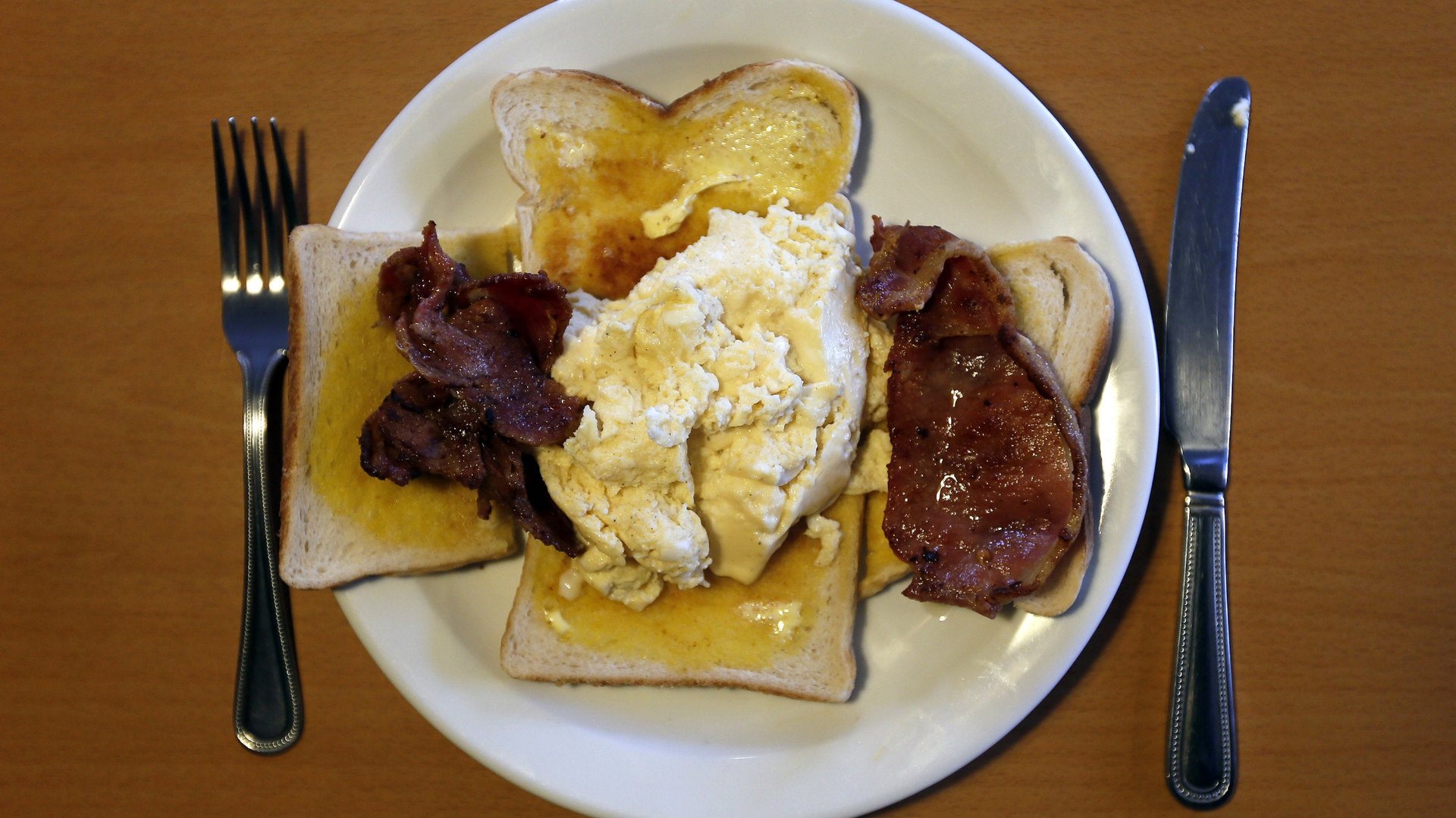The world has turned upside down: Mexico is selling breakfast in a bottle to Americans
A few years ago, I was invited by the Economist to participate in a panel session, which revolved around Adrian Wooldridge’s special report “The world turned upside down.” Wooldridge highlighted a new shift: “Developing countries are becoming hotbeds of business innovation in much the same way as Japan did from the 1950s onwards.”


A few years ago, I was invited by the Economist to participate in a panel session, which revolved around Adrian Wooldridge’s special report “The world turned upside down.” Wooldridge highlighted a new shift: “Developing countries are becoming hotbeds of business innovation in much the same way as Japan did from the 1950s onwards.”
That is indeed the case in Latin America.
A growing middle class with disposable income coupled with the rise of the digital information economy and increased access to mobile broadband has created ripe conditions for innovation throughout the region. In the past few years, Medellin, Colombia was named “Most Innovative City,” Guadalajara, Mexico was selected as the site for Mexico’s newest “Digital Creative City“ and Chile’s success in startups has had the name “Chile-con Valley“ trending online. There are numerous examples of innovation and creativity throughout a wide spectrum of Latam firms, but perhaps the most evident is within the food industry.
Last year, Pepsico opened its Global Center for Innovation in Baking and Nutrition in Monterrey, Mexico. The company is investing $30 million annually to develop healthy snacks for middle-class Mexicans before introducing its newly developed products to other markets. Why did Pepsico choose Mexico as a platform for its product development?
With a population of nearly 20 million, Mexico City concentrates one of the biggest and fastest growing middle-class segments in the world. With daily commutes topping four hours, many workers face the challenge of achieving a healthy, balanced diet with little time to prepare meals. Pepsico’s line of healthy fruit and grain bars targets this population. Taking a cue from a government-led emphasis on health, Pepsico is tackling the overwhelming problem of obesity in Mexico with a commute-friendly breakfast.
But innovating in emerging markets is not just for multinationals. Fast-growing Latin American giants are becoming known for their innovation as well. Grupo Lala, a 60-year-old Mexican dairy product company, is rapidly growing in the US market and not just because of its acquisition of National Dairy and Borden brand. In addition to the milk, yogurt, cream and probiotics categories, it has introduced new offerings like a prune cereal beverage—a nutritious, on-the-go breakfast alternative—taken right from its own Latin American offerings.
Increasingly, US entrepreneurs, like Patron’s John Paul DeJoria and Chipotle’s Steve Ells, have found success by bringing Latin flavors to American consumers. Ira Liran and Michael Kirban brought Vita Coco, the fast-growing brand of coconut water, to the US market. Made in Brazil, Vita Coco has become one of the fastest-growing beverages in North America. The brand was aptly positioned at the intersection of the non-carbonated beverage and the alternative sports beverage category.
A driving force behind much of this has been frugal innovation: starting with the needs of poor consumers and working backwards. More than just cutting costs and paring down complexity, the philosophy is based on putting the constraints of consumers in emerging markets as the center focus of product design. Whether it’s the unique pecan cereal yogurt (in a bottle!) or economy breakfast on-the-go, Latin America is finding a niche in reshaping products for the benefit of a wide variety of consumers, both regionally and abroad.